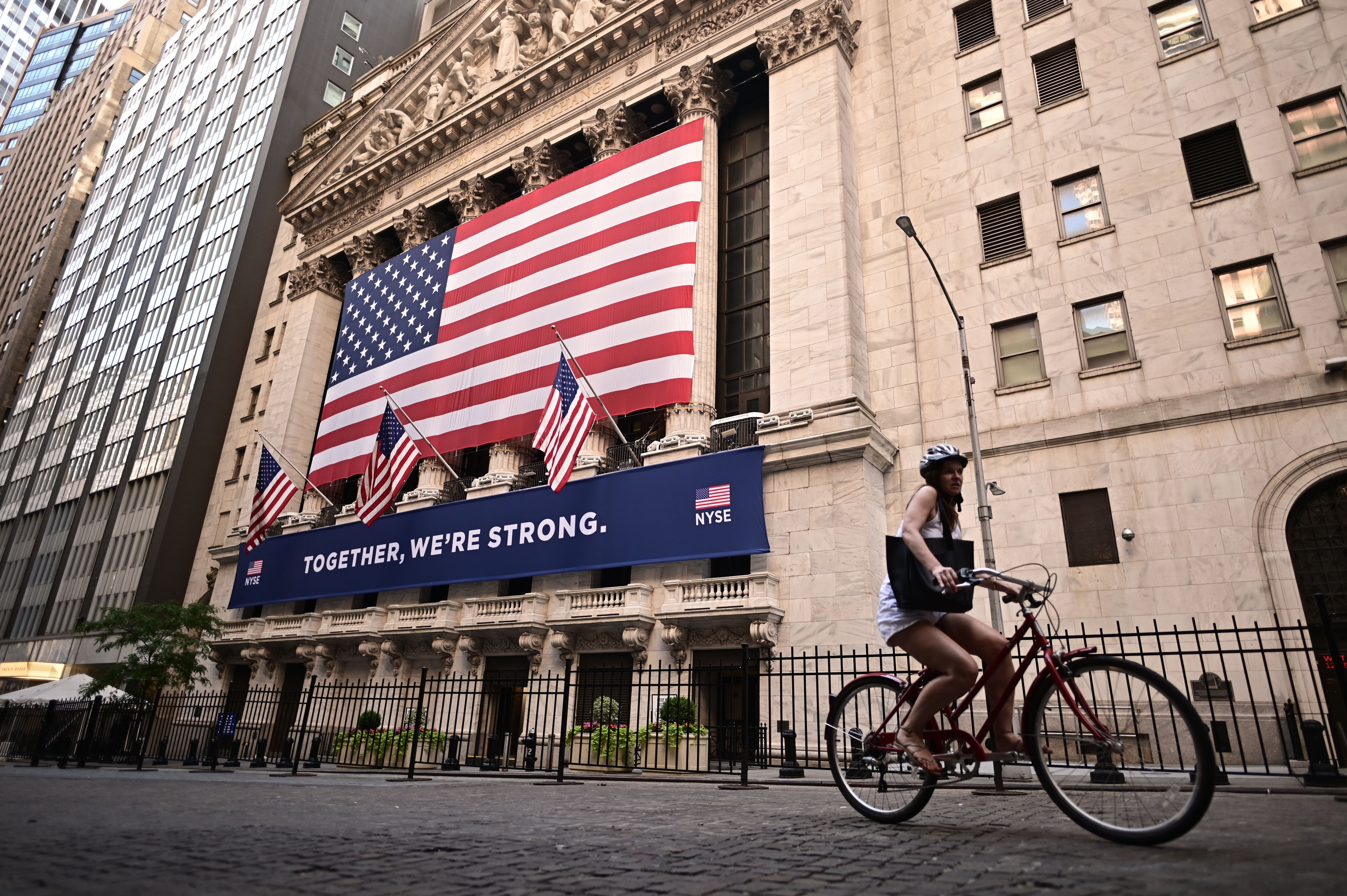Stock market 'super-forecasters' say 2020 election may not be decided for months
43 per cent chance winner won’t be known until Thanksgiving and 37 per cent chance it will take longer

Your support helps us to tell the story
From reproductive rights to climate change to Big Tech, The Independent is on the ground when the story is developing. Whether it's investigating the financials of Elon Musk's pro-Trump PAC or producing our latest documentary, 'The A Word', which shines a light on the American women fighting for reproductive rights, we know how important it is to parse out the facts from the messaging.
At such a critical moment in US history, we need reporters on the ground. Your donation allows us to keep sending journalists to speak to both sides of the story.
The Independent is trusted by Americans across the entire political spectrum. And unlike many other quality news outlets, we choose not to lock Americans out of our reporting and analysis with paywalls. We believe quality journalism should be available to everyone, paid for by those who can afford it.
Your support makes all the difference.A team of “super-forecasters” — stock market analysts with good track records — predict that it could be weeks or months before either Donald Trump or Joe Biden concedes the election.
New research from the firm Good Judgment says that there is only a 16 per cent probability that one candidate or the other will concede before the end of election week, CNN Business reports.
They also forecast a 43 per cent chance that a winner won’t be known until Thanksgiving and a 37 per cent chance that a concession won’t come until between then and Inauguration Day on 20 January 2021.
The super-forecasters, who are anonymous, give a four per cent chance that with no confirmed election winner by the inauguration, House Speaker Nancy Pelosi becomes president as per the line of succession.
It took a month to settle the result of the 2000 election, with the Supreme Court intervening to award to the presidency to George W Bush over Al Gore.
While worries of massive volatility in the markets in the event of an undecided election are valid in the short-term, financial experts say that in the longer term both Washington and Wall St will eventually get back to work once an official result is validated.
Evidence from previous elections suggests that no matter the winner, cashing out of stocks in the first one hundred days of a president’s term is no a good idea. Short-term political uncertainty should not scare off investors.
In late August, CNBC polled 20 stock market strategists about how they saw the election playing out. Fourteen of the 20 foresaw a Biden victory. Only three foresaw a clear Trump victory.
Ten predicted a drop in the S&P 500 in the month after election day, while five expect a rally. Four expect a range-bound market — in which the price bounces between a specific low and high — and one declined to answer.
Market reaction will also depend on policy initiatives. While investors may be concerned about Biden tax plans, those worries may be offset by a comprehensive strategy to tackle the coronavirus pandemic as well as proposed investments in infrastructure and green energy coming to fruition.
The RealClear Politics polling average currently has Biden leading Trump by 6.5 percentage points nationally, and by 4.1 per cent in battleground swing states.





Join our commenting forum
Join thought-provoking conversations, follow other Independent readers and see their replies
Comments